Mostrar el registro sencillo del ítem
Mexican Feminisms Today
| dc.provenance | El documento original impreso/digital se encuentra en resguardo del Centro de Investigaciones sobre América del Norte de la Universidad Nacional Autónoma de México. Proyecto CISAN, Memoria Institucional | |
| dc.rights.license | https://ru.micisan.unam.mx/normatividad/TerminosLibreUso_MiCISAN.pdf | |
| dc.creator | Lamas, Marta | |
| dc.date.accessioned | 2025-05-03T00:58:54Z | |
| dc.date.available | 2025-05-03T00:58:54Z | |
| dc.date.issued | 2021 | |
| dc.identifier.issn | 0186-9418 | |
| dc.identifier.uri | https://ru.micisan.unam.mx/handle/123456789/1562 | |
| dc.format | application/pdf | |
| dc.format.extent | pp. 14-18 | |
| dc.language.iso | eng | |
| dc.publisher | Universidad Nacional Autónoma de México, Centro de Investigaciones sobre América del Norte | |
| dc.relation.isformatof | ||
| dc.relation.requires | Adobe Acrobat | |
| dc.title | Mexican Feminisms Today | |
| dc.rights.holder | Universidad Nacional Autónoma de México, Centro de Investigaciones sobre América del Norte | |
| dc.audience | Estudiantes | |
| dc.audience | Maestros | |
| dc.audience | Investigadores | |
| dc.audience | Otros públicos | |
| dc.audience | Medios de comunicación | |
| dc.coverage.placeofpublication | México | |
| dc.description.extract | The great variety in the political landscape of Mexican feminism is noticeable at a glance. However, despite the country’s many feminisms and their different political positions, they all agree that the central axis of their protests is violence against women. In the 1970s and 1980s, feminicides were not known as they are now, nor were women’s daily lives threatened by the terror of being kidnapped or disappeared or by the tension of being on the receiving end of different kinds of violence, as they are now. It was in the beginning of the 1990s when one of the most painful and scandalous tragedies to affect our lives became public knowledge: the murders in Ciudad Juárez of poor women, many of them adolescents who worked in the maquila plants. These crimes have continued to replicate nationwide and have given rise to the criminal category of “feminicide” and the term “youthicide.” For Lucía Melgar, the term “feminicide” refers to all the murders of women for being women, which go unpunished and in which the state has a responsibility either through action or omission (p. 14). | |
| dc.educationlevel | Medio superior | |
| dc.educationlevel | Superior | |
| dc.educationlevel | Posgrado | |
| dc.identifier.bibliographiccitation | Lamas, Marta, “Mexican Feminisms Today”, Voices of Mexico, Universidad Nacional Autónoma de México, Centro de Investigaciones sobre América del Norte, 2021, no. 115, (winter): 14-18. | |
| dc.identifier.cisan | VOM_2021_0115_0014 | |
| dc.identifier.isni | https://isni.org/isni/0000000001109447 | |
| dc.relation.issue | 115 | |
| dc.subject.unam | Humanidades y Ciencias de la Conducta | |
| dc.type.spa | Contribution to periodical | |
| dc.view.accesslevel | openAccess | |
| dc.type.coar | http://purl.org/coar/resource_type/c_6501 | |
| dc.relation.hasPart | Voices of Mexico |
Ficheros en el ítem
Este ítem aparece en la(s) siguiente(s) colección(ones)
-
Artículos [3103]
MiCISAN, Repositorio Institucional
Hecho en México, todos los derechos reservados 2018. Esta página puede ser reproducida con fines no lucrativos, siempre y cuando no se mutile, se cite la fuente completa y su dirección electrónica. De otra forma, requiere permiso previo por escrito de la institución.
Sitio Web administrado por: Centro de Investigaciones sobre América del Norte • micisan@unam.mx







